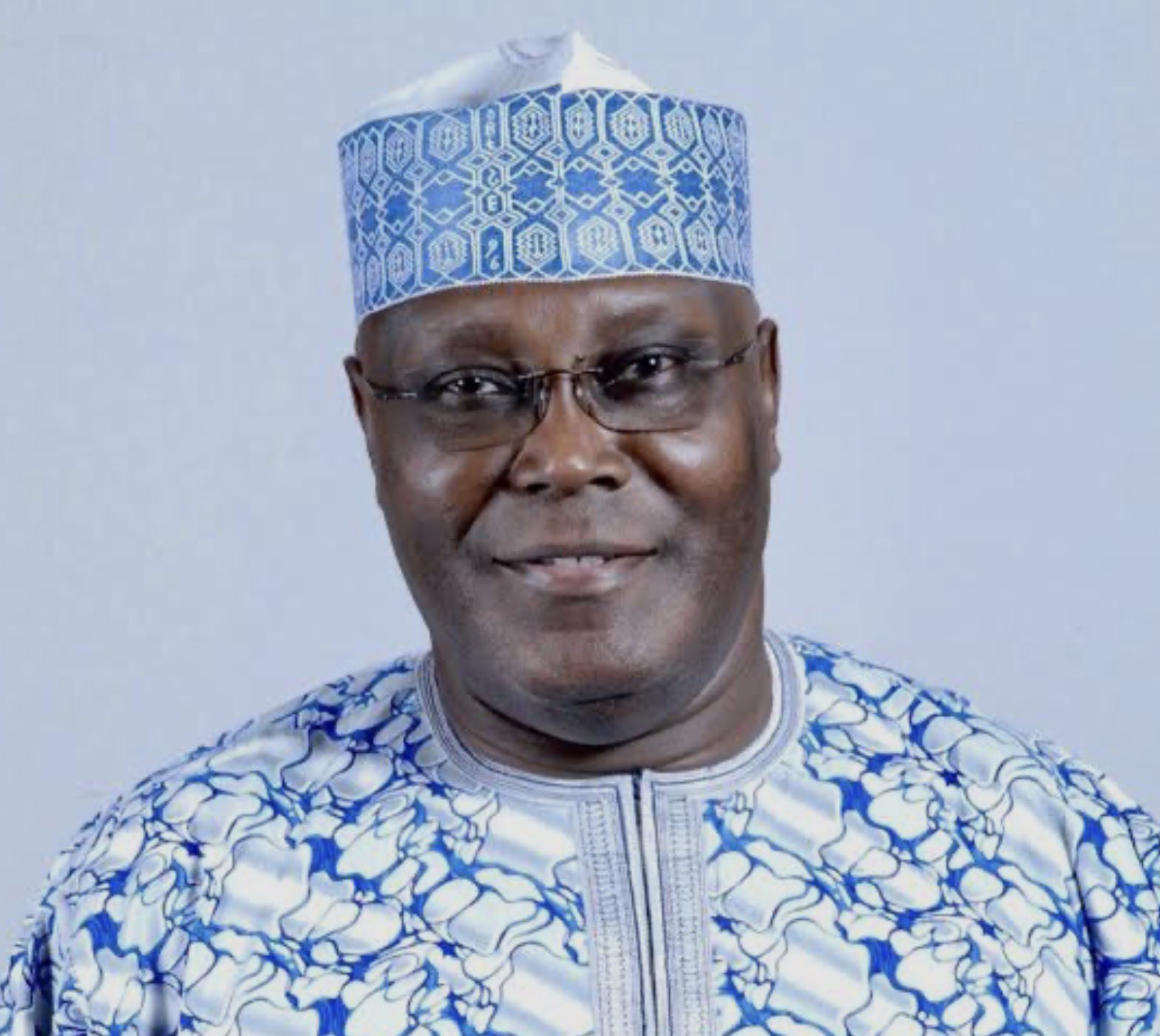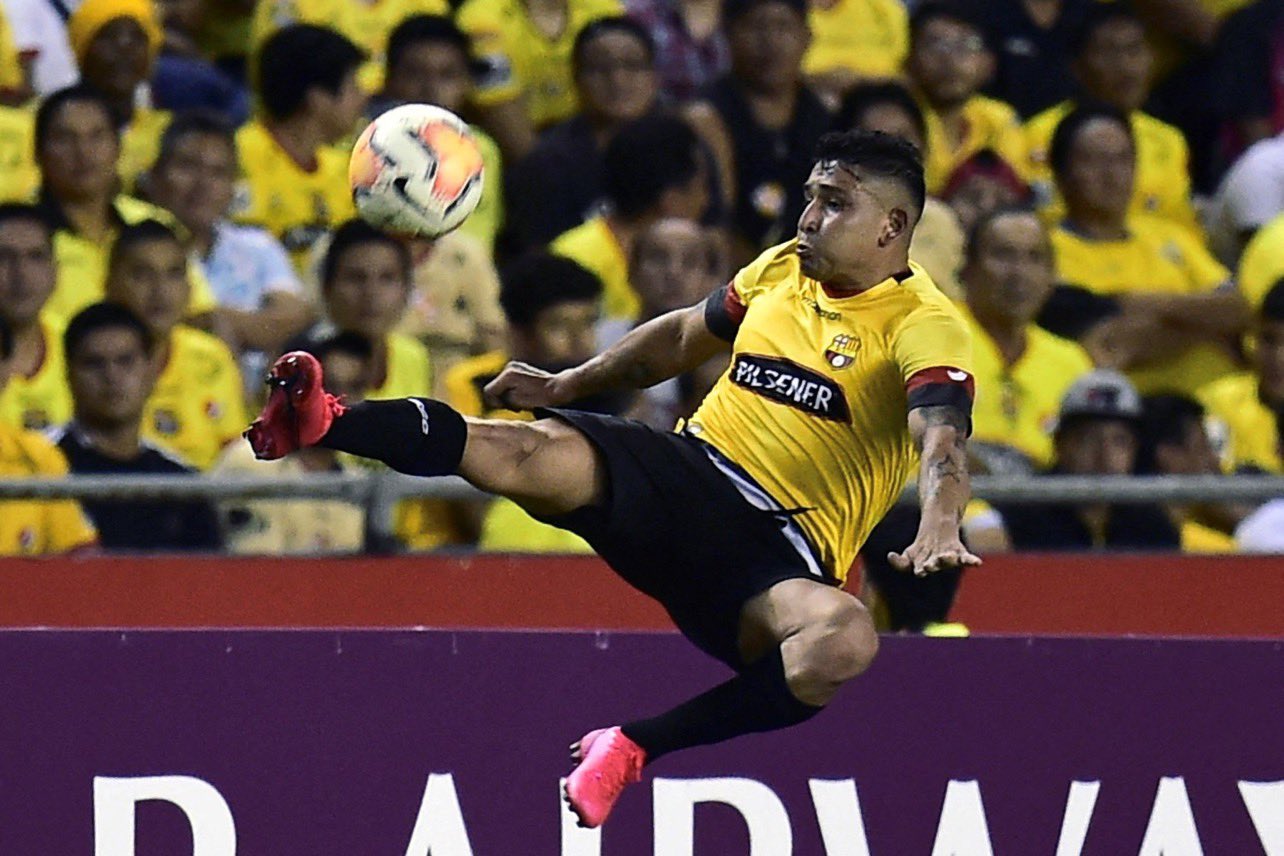
Atiku Abubakar Condemns Niger Governor Over Student’s Arrest, Calls It a Dangerous Assault on Nigeria’s Democracy

Former Vice President Atiku Abubakar has expressed outrage over the arrest and continued detention of Abubakar Isah Mokwa, a postgraduate student of the Ibrahim Badamasi Babangida University, Lapai (IBBUL), by the Niger State Government. The student was reportedly detained for posting comments critical of Governor Umaru Bago on social media—a move that has sparked widespread condemnation and reignited national concerns about freedom of expression and abuse of political power in Nigeria.
In a strongly worded statement shared via his official X account and amplified by @ARISEtv, Atiku described the student’s ordeal as “an outright abuse of power and a dangerous assault on democracy.” He warned that such actions by state authorities not only trample on citizens’ constitutional rights but also reflect a disturbing regression into authoritarianism. The former Vice President, known for his long-standing advocacy for democratic governance and civil liberties, said the incident underscores the shrinking space for dissenting voices in Nigeria.
“The arrest of a university student for merely expressing an opinion about his governor is unacceptable in a democratic society,” Atiku said. “It represents an alarming misuse of state power to silence criticism. Our democracy cannot thrive when citizens live in fear of persecution for speaking their minds.”
The case of Abubakar Isah Mokwa has drawn significant attention in recent days after reports emerged that he was taken into custody by security operatives allegedly acting on the orders of Niger State officials. According to local sources, the student had shared a post on social media criticising certain policies and public statements made by Governor Umaru Bago. Rather than respond through dialogue or official clarification, the state government allegedly initiated his arrest, leading to his detention without trial for several days.
The incident has triggered an uproar among student bodies, civil rights organisations, and concerned Nigerians, who see it as part of a growing pattern of intolerance for free speech by political leaders. The National Association of Nigerian Students (NANS) and several human rights groups have called for Mokwa’s immediate release, describing his detention as a direct attack on academic freedom and civic participation.
Atiku Abubakar’s intervention has further intensified the spotlight on the case. He lamented what he called the “steady normalisation of repression” in Nigeria, warning that when public officials begin to use their offices to intimidate critics, it erodes public trust and undermines democratic accountability. “Power is meant to serve the people, not to intimidate or silence them,” he said. “Those who hold office must understand that criticism comes with the territory. Using the instruments of state to punish citizens for exercising free speech is a betrayal of the oath of office and the principles of democracy.”
Observers have noted that this is not the first time a Nigerian citizen has faced harassment or detention over social media criticism of public officials. In recent years, multiple journalists, bloggers, and activists have been arrested under vague charges such as “defamation” or “cyberstalking,” often for comments perceived as embarrassing to government figures. This trend, according to political analysts, reflects a broader crisis of governance where those in authority equate dissent with disloyalty.
Governor Umaru Bago, who came to power in 2023 under the All Progressives Congress (APC), has been known for his ambitious infrastructural agenda in Niger State but has also faced criticism for his perceived intolerance of opposition voices. His administration has not yet issued a formal statement responding to Atiku’s condemnation or explaining the legal grounds for Mokwa’s detention. However, sources within the state government suggest that officials may accuse the student of “defamatory remarks” or “false publication” under Nigeria’s cybercrime laws—a justification that critics say is routinely misused to stifle free speech.
Atiku’s comments have reignited debate on the urgent need to protect citizens’ right to freedom of expression as guaranteed under Section 39 of the Nigerian Constitution. He reminded authorities that democracy is sustained not by the suppression of dissent but by open dialogue and respect for the rule of law. “The real test of leadership is the ability to tolerate criticism and respond constructively,” he wrote. “When governments begin to weaponize the law against citizens for speaking out, we slide dangerously close to dictatorship.”
Social media reactions have been swift and passionate. Many Nigerians praised Atiku for speaking out, while others expressed dismay at what they described as the rising climate of fear in the country. One user commented, “When even students can’t question their leaders without being jailed, then democracy has lost its soul.” Another added, “This isn’t just about one student—it’s about every Nigerian who still believes in the right to speak truth to power.”
Legal experts have also weighed in, stressing that Mokwa’s detention, if indeed tied solely to his social media activity, violates his constitutional rights. Human rights lawyer Inibehe Effiong described the case as “a blatant example of executive recklessness,” calling for immediate legal redress. “It is shameful that in 2025, Nigeria still witnesses this type of authoritarian behaviour. If a governor cannot handle criticism from a student, how can he handle the responsibilities of leadership?” Effiong said.
Civil society groups have urged President Bola Tinubu and the National Human Rights Commission to intervene and ensure Mokwa’s release. They argue that the case has wider implications for Nigeria’s image as a democratic state and could set a dangerous precedent if left unchallenged. “Silence from the federal government on these issues only emboldens more state-level repression,” said one activist from Amnesty International Nigeria.
Meanwhile, sympathisers of the detained student have continued to demand transparency and justice. His colleagues at IBBUL have reportedly begun mobilising peaceful protests and social media campaigns under hashtags like #FreeMokwaNow and #EndAbuseOfPower, calling on Governor Bago to demonstrate true leadership by allowing dissent.
As public pressure mounts, the Niger State government faces a critical test of its commitment to democratic values and human rights. For many Nigerians, the case represents more than a single act of injustice—it is symbolic of the fragile state of civil liberties in the country.
Atiku Abubakar’s voice, echoing across social media and national headlines, serves as a reminder that Nigeria’s democracy is still a work in progress—one that must be vigilantly defended. His words resonate deeply: “Democracy is not about silencing the people; it is about giving them a voice. And when that voice is punished, democracy itself is under arrest.”
In a nation still grappling with economic hardship, insecurity, and governance challenges, the detention of a university student for expressing an opinion is a troubling reflection of how fragile freedom remains. Whether the Niger State government will heed the growing calls for justice—or double down on its actions—remains to be seen. But one thing is clear: the fight to protect free speech in Nigeria has found a renewed champion in Atiku Abubakar’s outcry, and the eyes of the nation are now firmly fixed on Minna.


